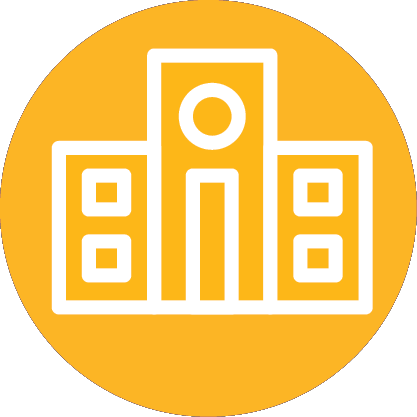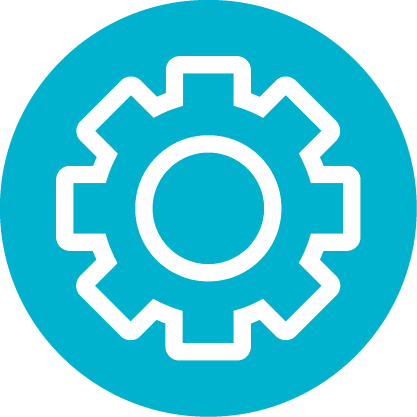Kudos to this year's Toronto Vital Signs Grantees! They make up the 2022-23 Good to Give Guide, your guide to the smaller and medium-sized high-impact organizations doing visionary work tackling our city’s inequities. Get familiar with these grantee organizations to help you diversify your giving by funding urgent, under-the-radar work in this city.
How to use the Good To Give guide
All organizations profiled in the Good to Give Guide are donation-ready.
If you're a Toronto Foundation fundholder, read the guide and consider the following donation strategies before making a grant on donor central.
Browse to learn about new issues and groups
Issues of social justice need everyone engaged. Learn about how these 23 organizations are addressing inequality in Toronto's neighbourhoods through services, advocacy, and systemic solutions. Refer back as you make donations throughout the year.
Follow the issues you care about
Expand your knowledge and giving portfolio to include these smaller local organizations working on issues you are already supporting through larger organizations.
Read Toronto's Vital Signs
Align your donations with the city's current greatest needs by reading the latest Vital Signs Report. It highlights data and insights about Toronto's communities. Then use the legend in the Good to Give Guide to find organizations working on solutions by issue area.
Consider what's connected
Issues and solutions are interconnected. For example, if you are passionate about supporting a shelter, consider also donating to adjacent supports like healthcare, foodbanks, legal services etc. which also need to be well resourced to keep the shelter ecosystem working effectively.
Why Diversify your giving? Why These Organizations?
Because 66% of all charitable revenue goes to only 1% of charitable organizations. With greater profile and more funding, smaller organizations can drive systemic changes using the insights and expertise of staff and their vantage point in the community. What's more, during the pandemic, a staggering 1,000,000+ Torontonians have said they don't have someone to rely on. From foodbanks to accessibility services to income and housing supports and more, it is often smaller community organizations that fill the gaps.
The Organizations
BALANCE for Blind Adults
TechServeTO Inc.
Youth Empowering Parents
Building a Black Archive
Change Through Sport
Circles for Reconciliation
Helping Hands Platform
Scadding Court Community Centre
ACORN Institute Canada
Anduhyaun
Canadian Centre for Housing Rights (CCHR)
Parents of Black Children
Success Beyond Limits
Assaulted Women's Helpline
CANVAS Arts Action Programs
Finding Our Power Together
Health Out Loud
Silent Voice Canada
Wanasah: Mental Health Services
Indigenous Friends Association
LIL SIS
New Beginnings Support Program
SMILE Canada - Support Services
All grantees identified at least one Vital Signs Report issue area they target, which could be one of several that the organization addresses. Each coloured dot in the table of contents within the report represents one of the issue areas in the legend here. Download the report for more details.

Access, Connectivity and Getting Around

Health and Wellness

Arts, Culture and Recreation

Housing

Civic Engagement and Belonging

Learning

Environment

Safety

Work

